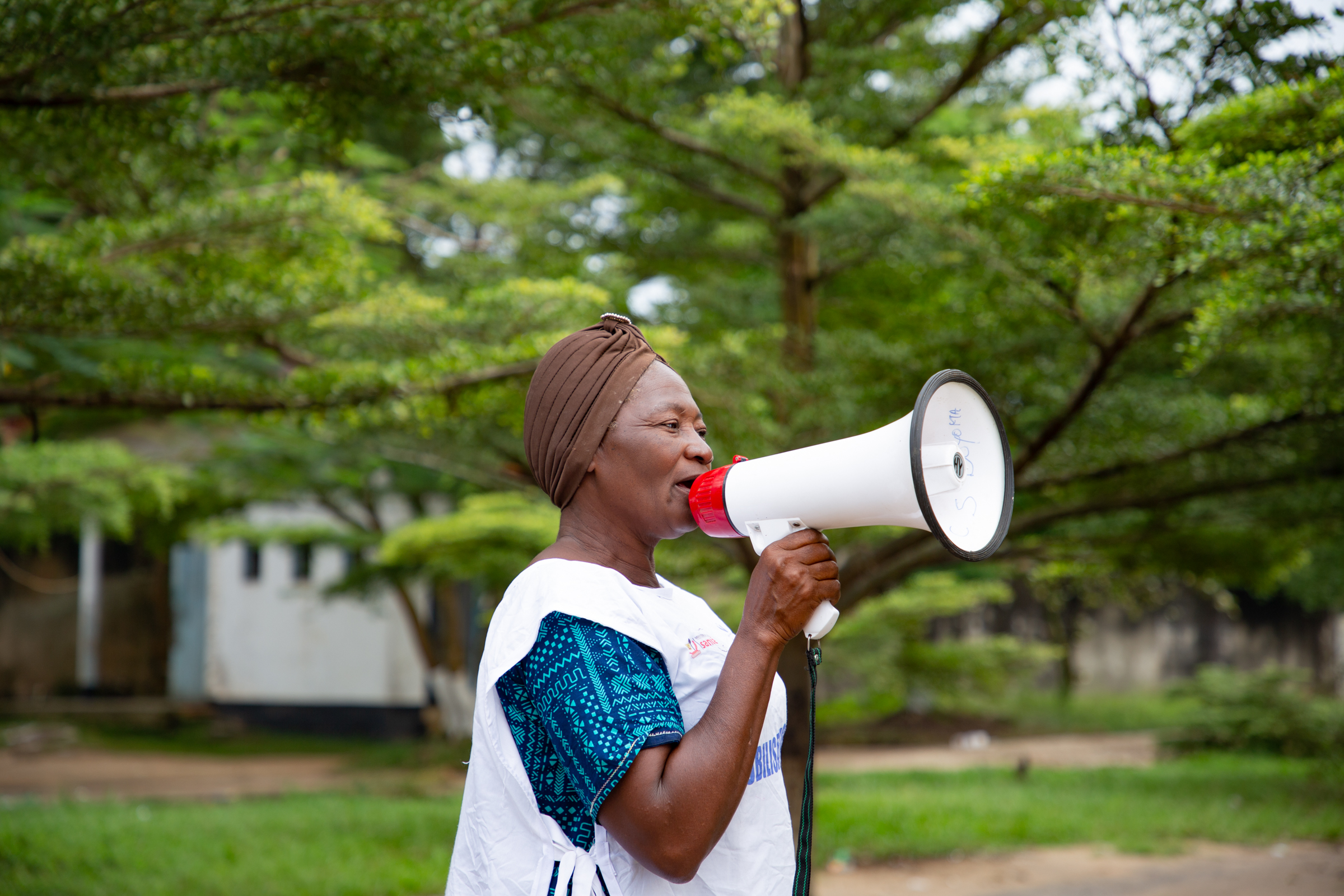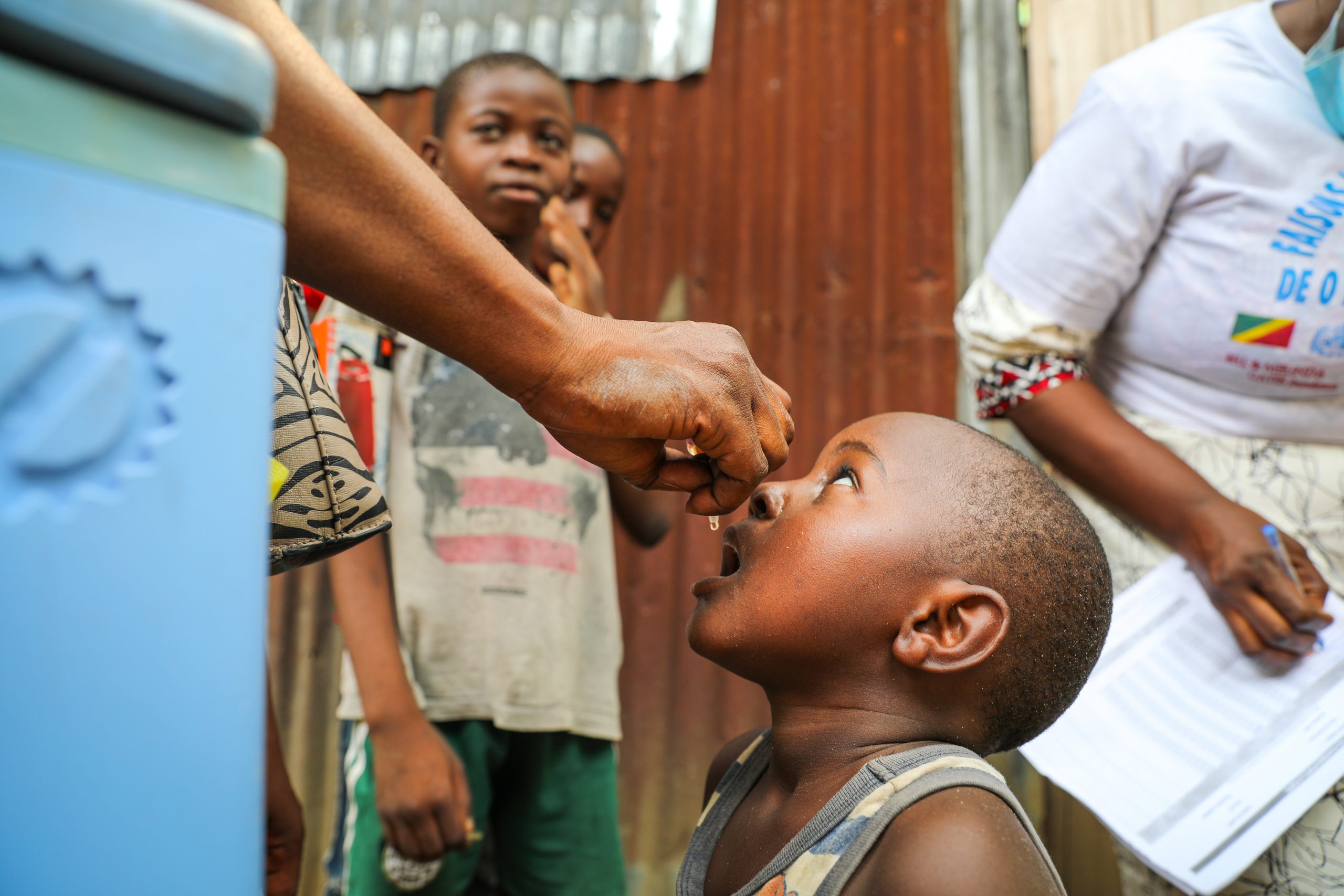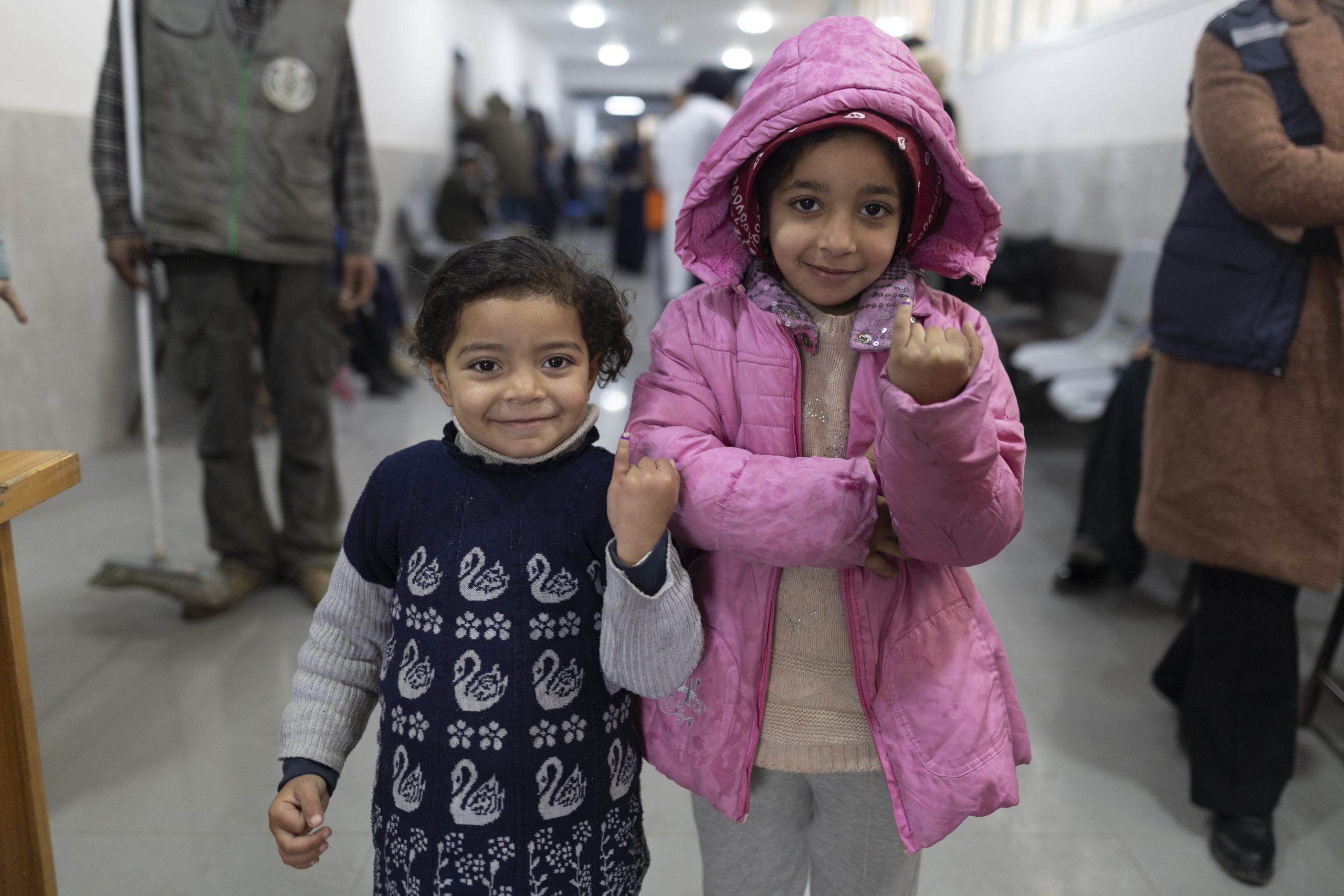After completing her bachelor’s degree in medical laboratory science, she cut her teeth in a HIV drug resistance lab in Botswana, where she tested blood samples to determine whether a patient with HIV had a mutated form of the virus which did not respond to antiretroviral therapy.
“Once you are in the lab you realize it’s not just a job, it’s more like a calling,” she says. “Someone sends samples to you, and you are the first one to see results and ask, ‘how is this going to impact the patient, the community as a whole, and then the country as a whole?’”
In 2019, just before the onset of the COVID-19 pandemic, Mphoyakgosi was transferred to the National Health Laboratory and when the pandemic hit, she was one of the first national experts to be trained by World Health Organization on how to test for COVID-19.
This period was a career highlight for Mphoyakgosi. “COVID-19 taught us a lot. When we get outbreaks now, we have learnt from COVID what can be done better,” she says.
Currently, as part of polio prevention, she tests wastewater samples for the poliovirus. And believes firmly in homegrown excellence in her field.
“My dream for my country Botswana is to have a well-established, operationalized national public health laboratory,” she says. “I think we have capacity in terms of human resources, in terms of infrastructure. What we need now is the drive to move towards excellence. You know, embracing the science as it is and technology as it comes.”



